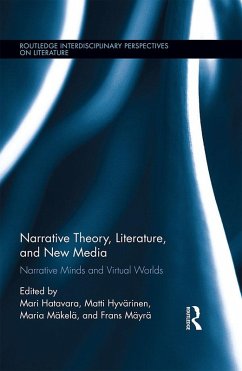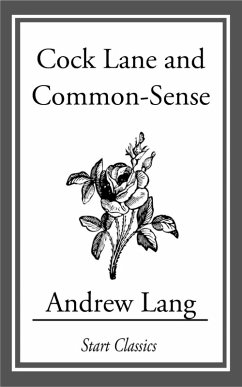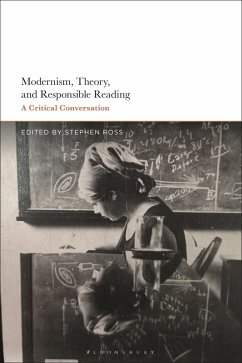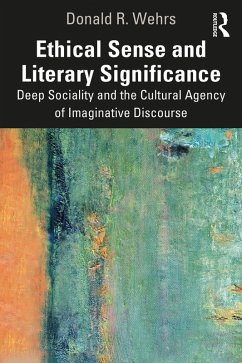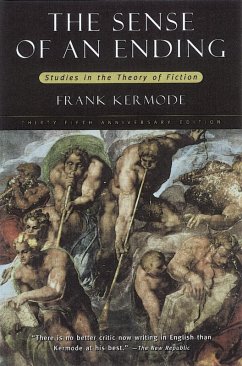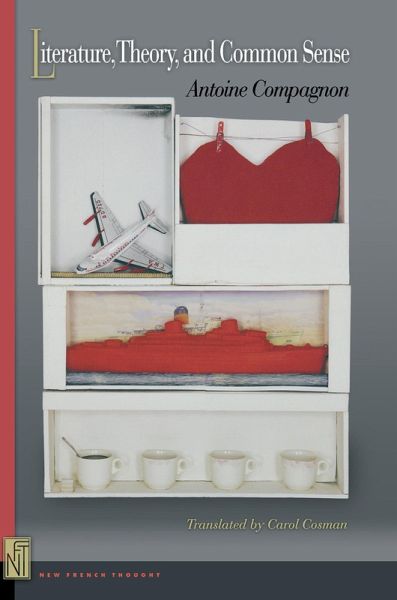
Literature, Theory, and Common Sense (eBook, ePUB)

PAYBACK Punkte
28 °P sammeln!
An engaging introduction to contemporary debates in literary theory In the late twentieth century, the common sense approach to literature was deemed naïve. Roland Barthes proclaimed the death of the author, and Hillis Miller declared that all interpretation is theoretical. In many a literature department, graduate students spent far more time on Derrida and Foucault than on Shakespeare and Milton. Despite this, common sense approaches to literature-including the belief that literature represents reality and authorial intentions matter-have resisted theory with tenacity. As a result, argues A...
An engaging introduction to contemporary debates in literary theory In the late twentieth century, the common sense approach to literature was deemed naïve. Roland Barthes proclaimed the death of the author, and Hillis Miller declared that all interpretation is theoretical. In many a literature department, graduate students spent far more time on Derrida and Foucault than on Shakespeare and Milton. Despite this, common sense approaches to literature-including the belief that literature represents reality and authorial intentions matter-have resisted theory with tenacity. As a result, argues Antoine Compagnon, theorists have gone to extremes, boxed themselves into paradoxes, and distanced others from their ideas. Eloquently assessing the accomplishments and failings of literary theory, Compagnon ultimately defends the methods and goals of a theoretical commitment tempered by the wisdom of common sense. The book is organized not by school of thought but around seven central questions: literariness, the author, the world, the reader, style, history, and value. What makes a work literature? Does fiction imitate reality? Is the reader present in the text? What constitutes style? Is the context in which a work is written important to its apprehension? Are literary values universal? As he examines how theory has wrestled these themes, Compagnon establishes not a simple middle-ground but a state of productive tension between high theory and common sense. The result is a book that will be met with both controversy and sighs of relief.
Dieser Download kann aus rechtlichen Gründen nur mit Rechnungsadresse in A, D ausgeliefert werden.




